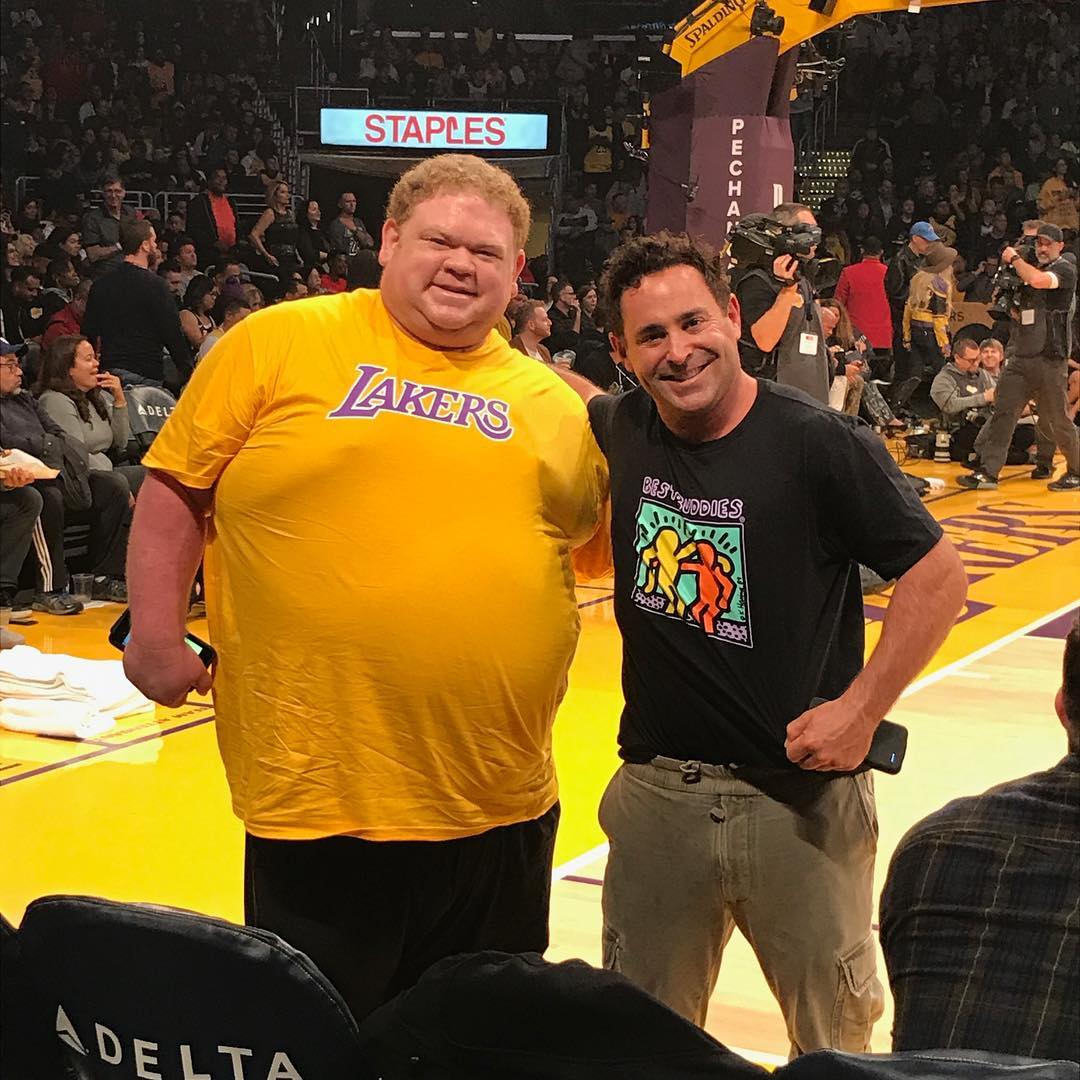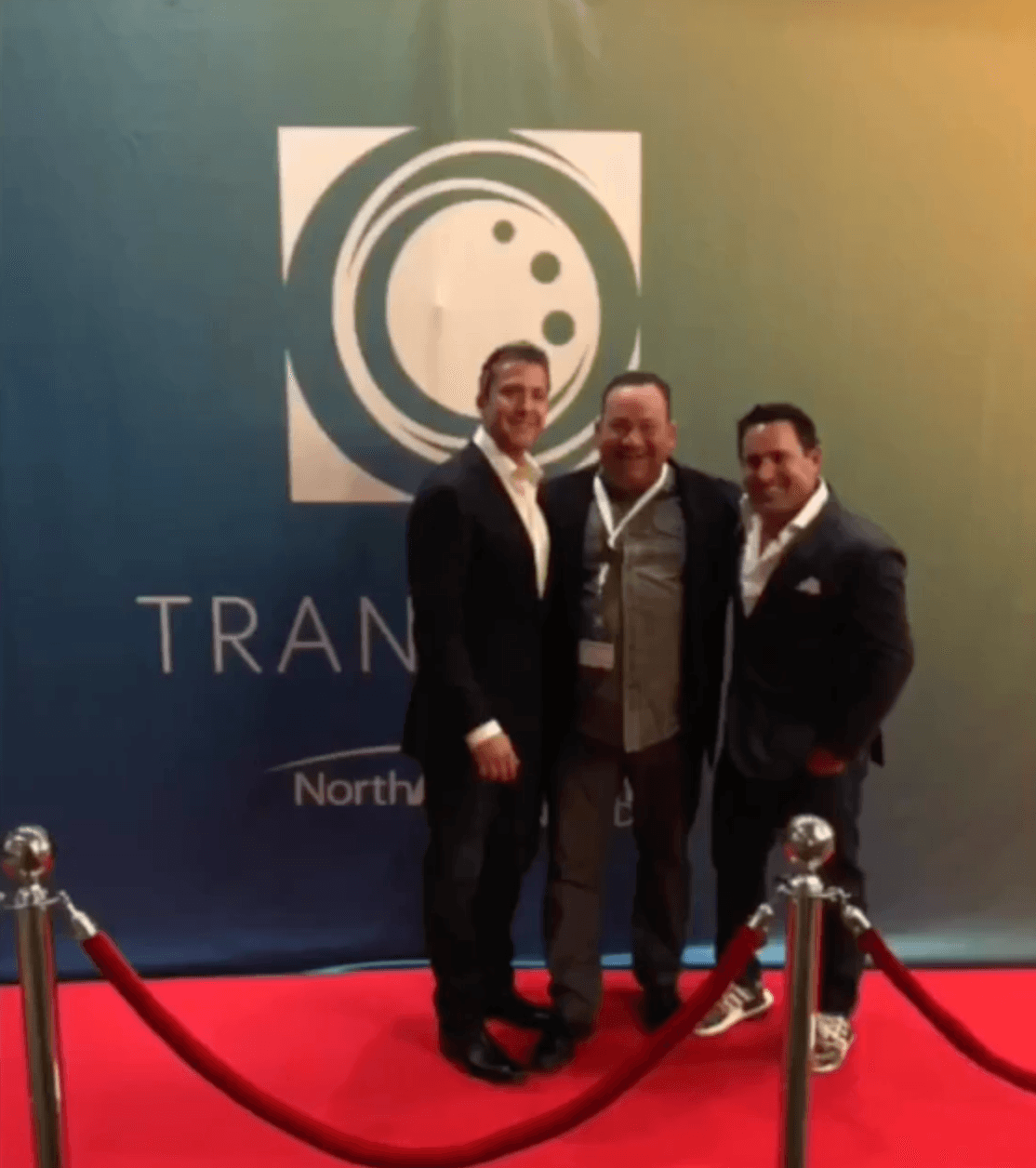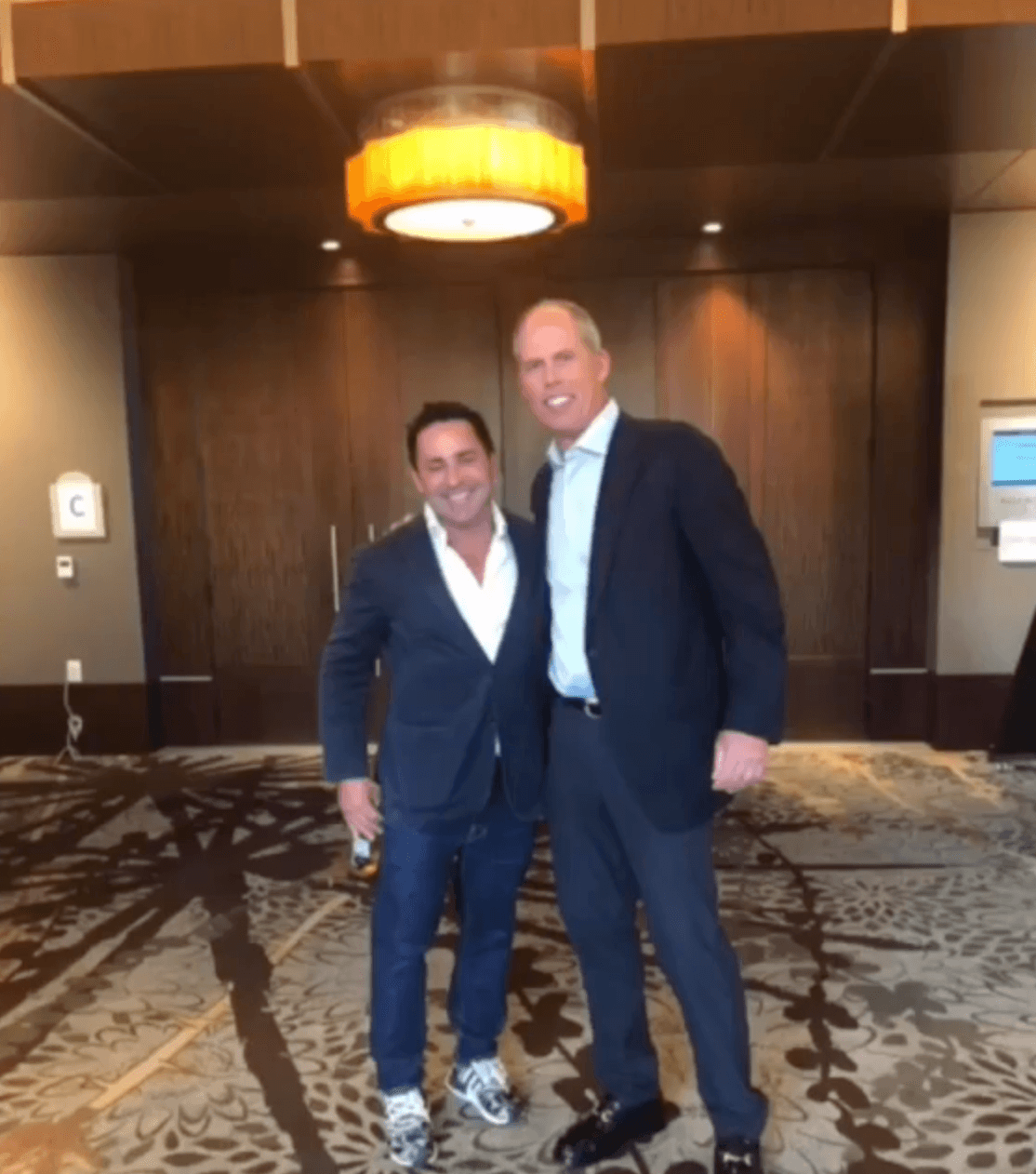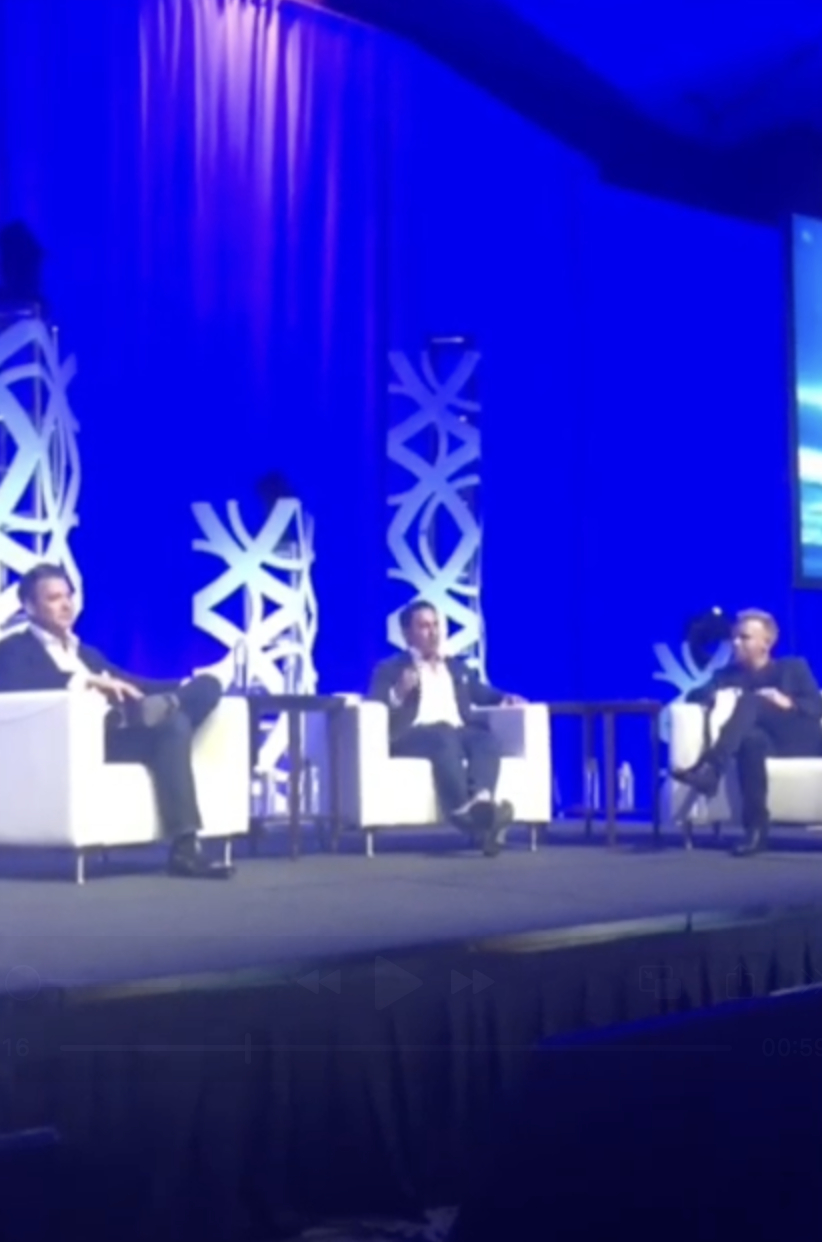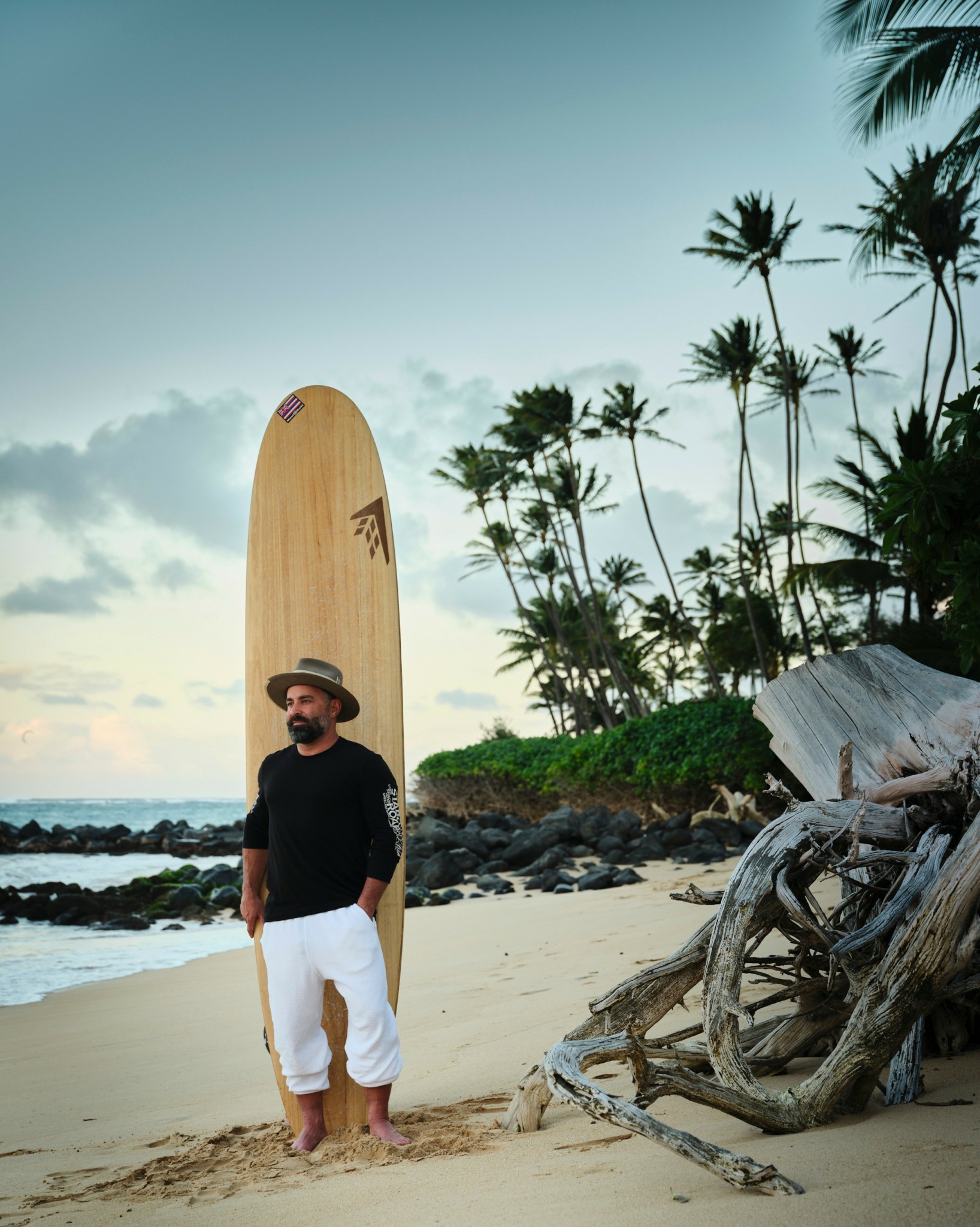Today we’d like to introduce you to Ed Freedman.
Hi Ed, please kick things off for us with an introduction to yourself and your story.
When I was in high school, I was voted “most likely to succeed” in the senior yearbook because I’d started a boat cleaning business a few years before. I told people my plan was to meet interesting clients and see where those relationships took me. It worked out in ways I couldn’t have predicted—but I can’t complain about it.
I’ve never worked for anyone else. My grandpa was an entrepreneur, so I guess it’s always been in my blood. One day he asked me, “What’s the most effort you can give to your business?” I wanted to make him proud, so I said, “A hundred percent, Pop-Pop!”
That wasn’t the answer he wanted to hear. “You’re just one person. What if you brought 100 people together, and everyone gave two percent? Three percent?” He wanted me to be a leader who would gather everyone’s contributions together and harness them for a greater good.
After college I started a credit card processing business called Total Merchant Services, where I put my grandpa’s lessons to work. I trained thousands of people to go out and find customers. The rest of my 20s were spent mastering that craft.
Before I turned 30, I made the deal of my life. Finally I had a concrete accomplishment I could point to and say, “This makes me special.” I felt like I’d reached the top, and I was there to stay. I was laser focused on climbing higher and higher.
But life is like a game of “Chutes & Ladders.” I spent the next decade leaping forward—and then unexpectedly I’d slide back down again. It happened again and again. At some point I thought, “Sooner or later it’s gotta get easier.” And then it would get tough again.
Still, I refused to give up. I had a goal and I was going to achieve it, no matter how long it took.
Would you say it’s been a smooth road, and if not what are some of the biggest challenges you’ve faced along the way?
My brother used to call me “Tommy Boy.” If you haven’t seen the movie, it’s the story of a guy trying to save his family business by hitting the road to visit all their customers and convince them to not cancel their deals.
I spent a lot of time doing the same thing. Just making payroll was often a challenge, especially after the Great Recession in 2007.
Looking back, some of the experiences I had were just surreal. Once I was in a bathroom, chatting with the guy next to me at the sink, and I walked out with a $3 million dollar loan.
And then there was the farmland story. We were on the brink of going under, and pulling our hair out trying to find some way to raise money to cover people’s paychecks. One of our sales guys mentioned that he’d bought a piece of land years ago for $20,000, and now that land was worth a fortune. He gave me the deed and I used it to get a $400,000 loan to keep us afloat.
At one point, the bank called me and said they were calling in all our loans. The financial crisis had changed everything and the old rules no longer applied. It was like someone decided, “The sky is no longer blue; it’s purple now.”
So I hit the road to renegotiate all our contracts. Literally: I must’ve met a hundred partners at least. We had to find a way to make things work. Failure wasn’t an option for any of us—we all would’ve been toast. And somehow, by the time it was over we’d turned a business that was losing $25 million a year into one that was making $30 million a year.
Like I said, “Chutes & Ladders.”
Thanks for sharing that. So, maybe next you can tell us a bit more about your business?
I founded Stable Road Foundation in 2017 because I wanted to give back to my community, both in a hyperlocal sense and in a global one. We focus on providing children everything they need to thrive in life, as well as preserving the natural environments where they live.
In recent years, we’ve also accidentally become disaster relief experts. We originally got into this when Maui (where we’re based) was devastated by wildfires in 2023. The recent Los Angeles wildfires also hit close to home, because I lived there for many years of my life. In both cases, we showed up immediately to provide urgent relief—and once the fires were extinguished, we stuck around to help with the medium- and long-term rebuilding efforts.
This commitment is something I’m proud of, because our partners know they can count on us to show up when they need help. All of our partnerships are built on personal relationships and face-to-face interactions. And we believe in doing more than sending a check—we actually show up and help with the work on the ground. That’s what sets us apart, and that’s what makes us effective at what we do.
What quality or characteristic do you feel is most important to your success?
My grandfather liked to talk about “the four leaf clover of success.” He had these little pins made that he would hand out to people he really respected. He called it the Morris Finkel Citizenship Award. When I got mine, it was one of the proudest days of my life.
Each leaf of the clover represented a quality that my grandfather believed was essential for achieving big things in life. The first leaf was gratitude—successful people are grateful for the blessings they’ve received, and they show it.
The second leaf was humility. Nobody achieves greatness all on their own, it always takes a team. One of my most useful skills was the ability to know what I didn’t know, and surround myself with people who did. I never wanted to be the smartest person in the room, because how can you grow if you’re not learning from anyone?
Flexibility was the third leaf. When I was building my business I’d never change my mind—but when new information presented itself, I’d use that to make different decisions. The goal never changed. The path to it, though? That was always fluid. You have to be nimble to get where you’re going.
The fourth and final leaf was respect. For others, for yourself, for the journey itself. When I look back at every decision that led to my success, there was a decision before it that I thought was a mistake. Each one of those “mistakes” turned out to be a priceless learning lesson. If I opened Door A and saw a road to nowhere, the next time I opened Door B and found the path to success. Over time, I learned to respect each step of the process—and the reward has been incredible.
Contact Info:
- Website: https://www.stableroadfoundation.org
- Instagram: https://www.instagram.com/stableroadfoundation/
- Youtube: https://www.youtube.com/@StableRoadFoundation/videos
